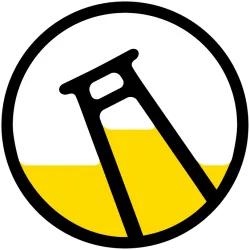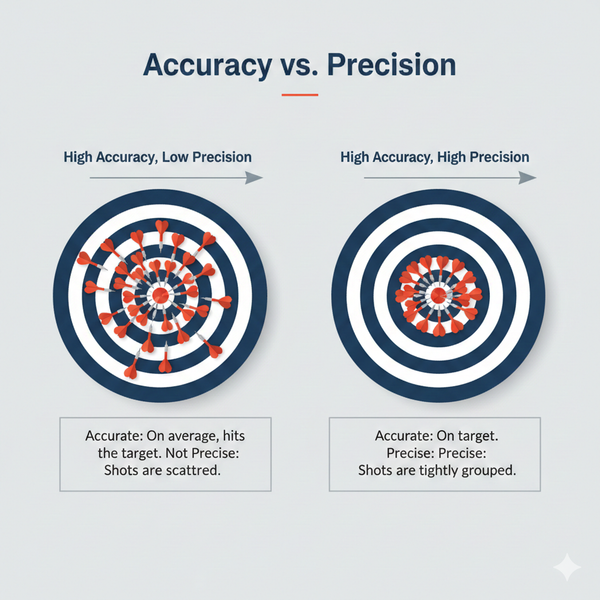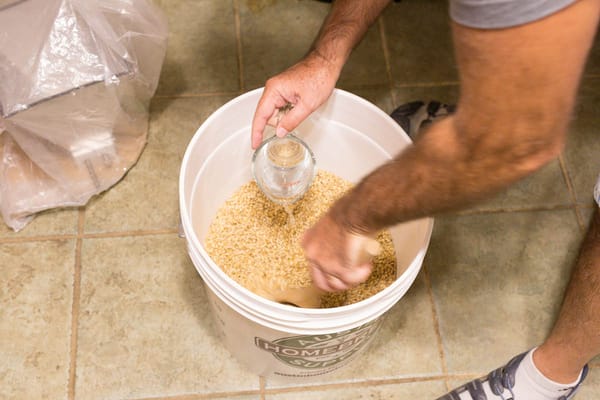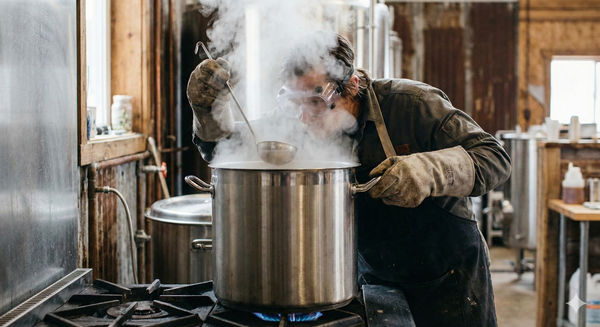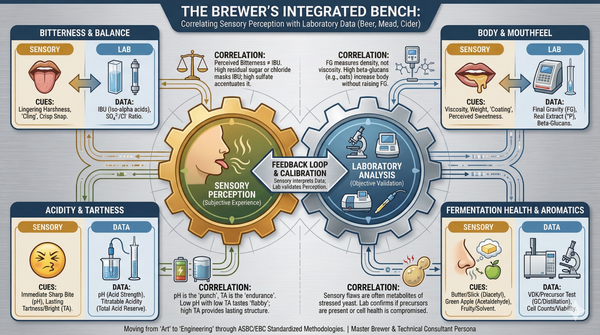An Authoritative Article on Authoritative Advice, or YMMV

Let’s face facts. We have all given and received some bad advice.
“I transferred my Fat Tadpole Pale Ale clone to secondary after three days like the instructions said and now there is this funny film on the top. Is this infected?” Remember these posts? And then the litany of pro-secondary and no-secondary campers plus dump-it or let-it-ride opinions? Helpful weren’t they? Rude and insulting? It is the internet, after all.
Sadly, we don’t have a snopes.com for home brewing and, on the internet, everyone can pretend to be an expert. Just cruise through homebrewtalk.com, northernbrewer.com forums, the AHA Forums, Facebook groups, or even /r/homebrewing on Reddit, and you will meet a motley crew of self-appointed authorities, well “educated” brewers, crusty old curmudgeons, dogmatic my-way-or-the-highway home brewers, and the occasional lovable and well-meaning alcoholic, maybe even a genuine dyed-in-the-wool expert. This is a hobby that attracts a very wide range of personalities and opinions. Ask a question and you are going to get something that might loosely be called good advice, likely a lot of criticism, and more advice that conflicts with the previous. Many of these folks will don the mantle of authority and expertise giving specific and rigid advice. Beware. Be skeptical. Use your tools to figure what is good and what is... garbage.
I have been guilty of giving authoritative, and perhaps dodgy, advice. Hell, the fact I have a home brewing blog and you are reading it means, in someway, I think my opinion carries some weight. I am a hack, don’t listen to me. At least, stop listening to me after carefully reading this article. This is my sort-of-ranting, authoritative article on authoritative home brewing advice.
I can think of more categories of types of advice, but for brevity's sake, let’s explore these:
- Authority
- Experience
- Science
- Opinion
Authority, Authoritative, or more plainly, the Authors:
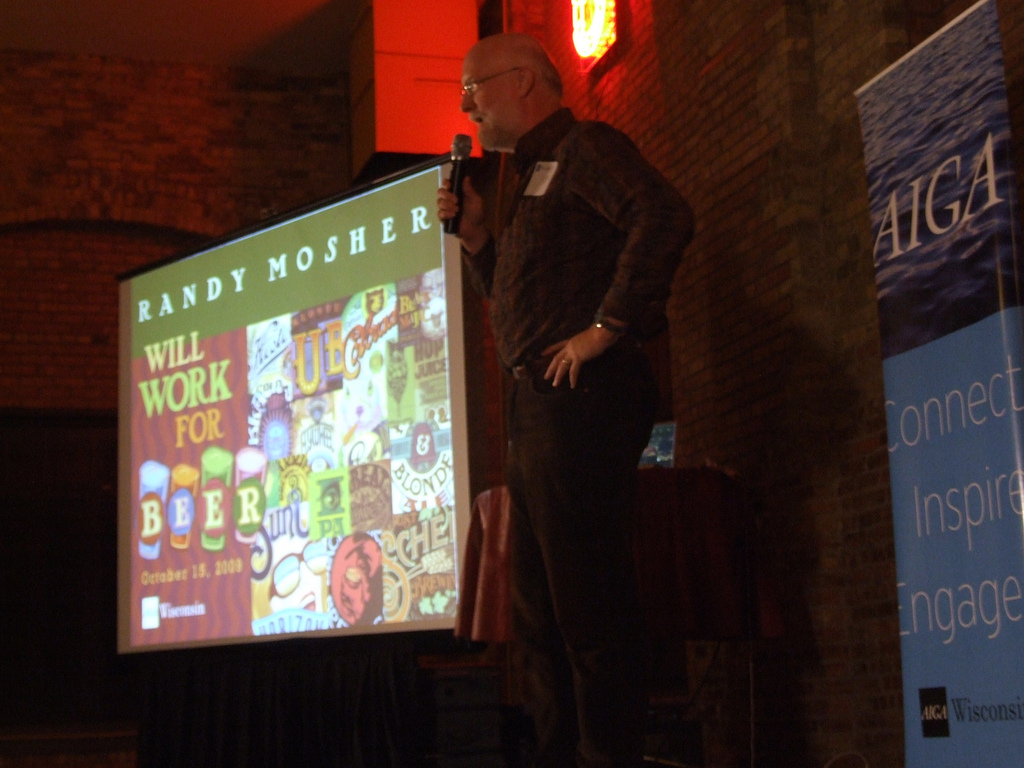
If Charlie Papazian, John Palmer, Colin Kaminski, Jamil Zainasheff, Gordon Strong, Greg Noonan, or Randy Mosher (or many others) say it’s true, then it is TRUE(-ish). To be clear, these guys speak with authority, and their information is well documented, thought out and researched, but also often revised. They paved the way for modern home brewing and deserve our sincere respect and thanks. Many of us, myself included, devour these books, hoping to glean more insight into the magic and alchemy happening in the tun and fermenter. But our heroes are as fallible as any of us. Papazian and Strong don’t brew exactly as Palmer. Their perspectives and experiences are unique and varied. So when these guys give advice, listen carefully. It still should be confirmed, critically considered and evaluated. Because there is no single RIGHT way to brew beer.
Much of our collective home brewing wisdom comes from copying-and-pasting ‘facts’ from our favorite authors' writings, often from very old editions and too often out of context. This is an easy way to support your point of view, which was likely set because of said author’s influence in your brewing. We so often use an authoritative voice, because, well, one of our heroes stated things this way and it makes our point sound, well, authoritative. We feel the need to stand out from the crowd, and ALL CAPS WOULD JUST BE RUDE!
Often, the only reason a specific technique or brewing style works perfectly for you is that it is the only thing you have tried! More often, your favorite authors' direction will lead you to brew some very good beer! Of course, you may then entrench behind a home brewing hero, and a philosophy that can turn dangerously toward religious dogma.
This is how we are taught in school - these are some facts that must be parroted without evaluation of said fact, the principle, or the science that governs it. Forget creative analysis and thinking - just be ready for a pop quiz. Instead, can we engage some critical thinking and be open to other ways to do something?
Experience, or I’ve done it this way since I discovered fire.

There are experienced home brewers that bring a lot of gravitas to a discussion, having years and hundreds of batches of beer under their belts. Some forged ground unpaved by our home brewer authorities, some have just survived, become notorious, and are quick to drop an opinion based on their personal experience. They are almost never open to change, and defensive when their personal point of view is challenged. Many are serious experts in certain topics.
These are the folk I wish I could sit down and share a flight of beers while discussing the "good old days.” They are genuinely interesting characters, but sometimes frustrating when defending a narrow point of view. They may be the first to complain about those that BIAB or brew with automated systems. I'm not suggesting these folks should be dismissed. Their opinion (for the most part) is based on years of actual experience; they know more than a few things and we could learn a lot from them. However, their bias is resistance to change.
Practice truly makes something that might be confused with perfection. Nothing can replace the experience of iterative brewing, with habitual and evaluative improvement. Confidence comes with knowing what is important and what is not and how to respond to a crisis, while tracking your own individual path. If there is a single takeaway, experience winnows away the unnecessary, sometimes, but not always. The way I do things is not the only way to successfully put a beer in a glass! It certainly isn't the easiest or most efficient. Be flexible and curious and critical, and prepare to fail occasionally.
It is one thing to get advice in-person from experienced brewers. Quite another to get it online in a largely anonymous internet forum. How do you know this person is really experienced? Does the advice fit the way you brew? Your equipment? Your technique? Do you have a relationship with this person? Do you want to?
Science, or the Data suggests this might be relevant. We need more data.
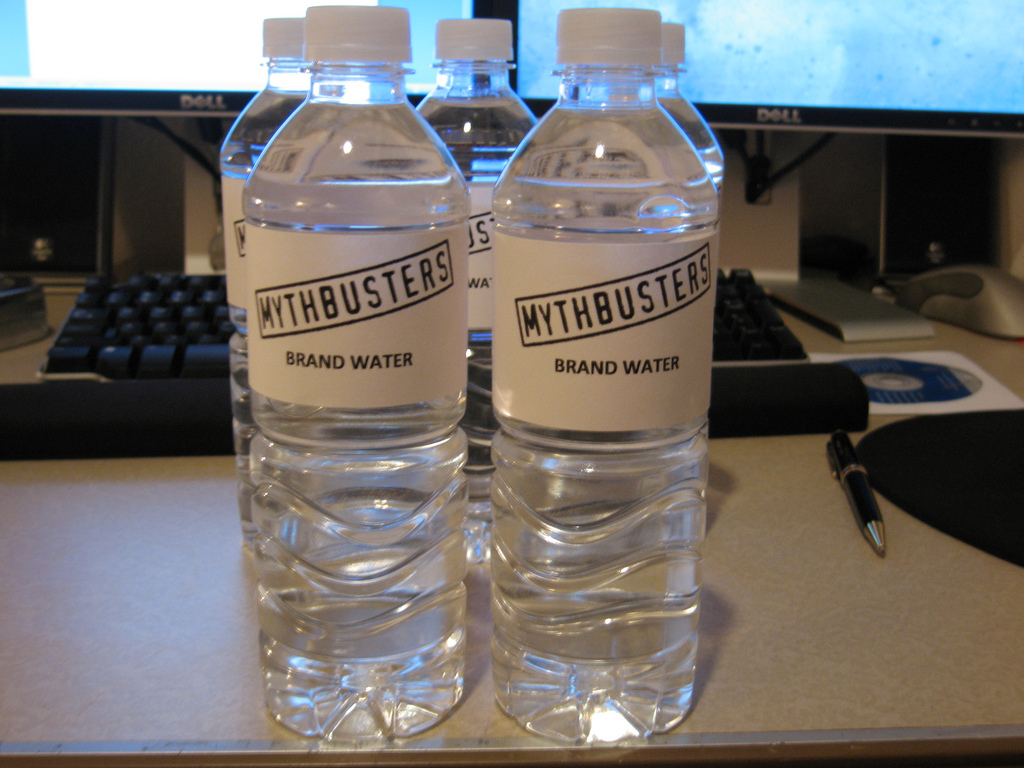
Science governs the brewing process, and there is no doubt that adding hot water to crushed malt will make wort. Science describes the process of enzymatic conversion of starch to sugars, and the thermodynamics of heat transfer into the boil kettle, and even the behavior of yeast in converting those sugars into alcohol and carbon dioxide. Science proves, but interpretation, testing, and application of data is too often sloppy and taken out of context for practical application.
Home brewers now have access to academic and scientific papers that were previously inaccessible. And with the growth of home brewing, many bring careers in chemistry, biochemistry and other disciplines that have a direct correlation to brewing processes. So many quote chapter and verse of some random paper, but forget the context of the findings. The Lab or the Factory are not our homes, garages or backyards. While the principle maybe scientifically sound, the application might not be relevant to home brewers, or it might.
Oh, and sometimes there is just bad information dressed as science... don't be like this dangerous lunatic that spouts bad advice veiled as science.
Another trend is home brewing experimentation, and fortunately the blind triangle test has become the golden standard. Between Drew and Denny’s Experimental Homebrewing book and podcast, and the critical work of the Brülosphy team, we now have data evaluating the potential effects of small changes to process, technique, ingredients, and equipment. This has been one of the most interesting and important trends to watch, attracting criticisms that defend entrenched positions (see “Opinion” below) when the data doesn’t agree. It has me questioning everything I do and re-evaluating my habits myself.
What do you do with experiment results that go against the collective wisdom? Engage your critical thinking function, evaluate and perhaps experiment on your system and form an informed opinion. Be honest and avoid personal bias by employing blind triangle testing. Then decide if the results will change your practices.
Opinion, or Don't be a Douchebag.

I like to think of this as the glorious religious revelation of brewing alchemy; passion fed by the results of fizzy golden goodness (or foamy, dark and murky) in a glass. Of course, contradictory theologies, embedded biases, and reverence for a favored brewing canon or icon, form mental concretions that resist logical argument. This can lead to irrational discussions (secondary or no secondary, decoction or infusion, the use of holy mash water with the appropriate application of blessed salts) that may be partially positioned in science and fact, but drift into subjective, philosophical arenas where butts can get hurt despite angelic intentions.
Of course, we all have opinions. But not everyone needs your opinion (or mine). If someone asks for your opinion, then by all means fire it out there. But do NOT be offended when someone disagrees. Don’t use your opinion to troll, drawing out folks that disagree so you can stomp them with your debate(able) prowess. And please, label it as, “In my opinion…” and offer something that is useful and relevant.
Opinions, then, are the most common form of advice, springing from an individual’s brewing journey and hopefully informed by authoritative and experienced and scientific sources. Finally, opinion should only be valued when trust is established between friends - and that is my opinion. By accepting your opinion, I am trusting that your opinion is correct, beneficial and will not harm. Trusting the opinion of some anonymous person on the internet seems inadvisable, yet we do it all of the time.
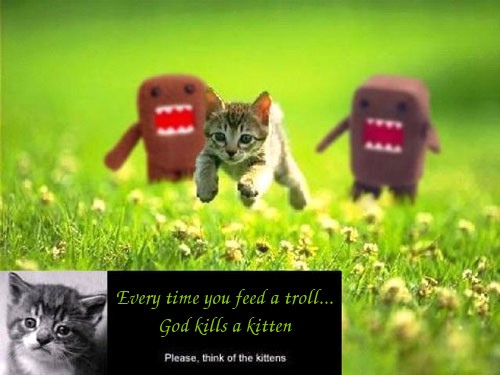
Of course, the best advice I can provide is to be skeptical of advice, including my own. Engage your critical thinking skills to evaluate advice, its source and that source’s motivation in providing it. Check yourself before running off full tilt into an essay supporting your favorite position and try to layout a fair argument (meaning data and logic, not insults). Refrain from personal attacks.
Oh yeah, the fifth category of advice is the Trolling Douchebag. No need to go into details here. DO NOT FEED THE TROLLS. DO NOT BE A DICK!
Ok, maybe this whole article could be summarized into those last two sentences. Giving and taking advice is a really messy part of the human experience.
But I could be wrong. Your mileage may vary. You can stop listening to me now and crack open a nice cold home-brew. And by nice, I mean that contaminated, under-attenuated, smoked cherry avocado porter that just won't carbonate. GET OFF MY LAWN!
